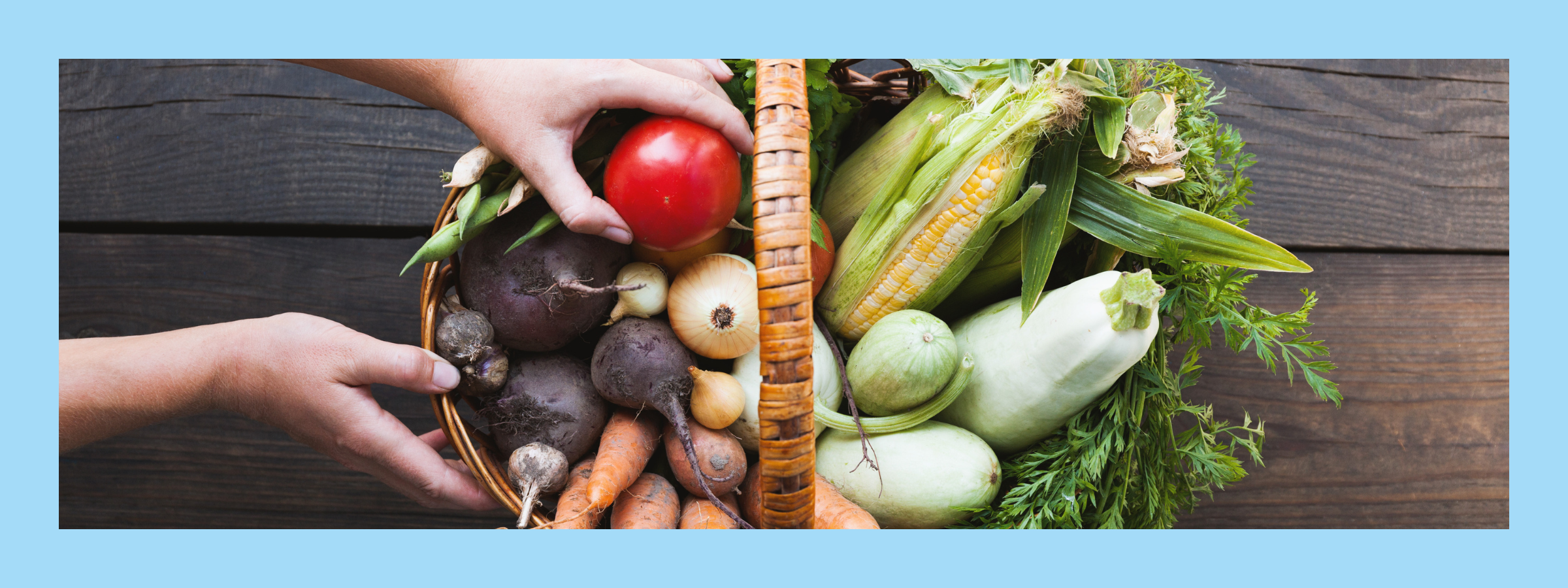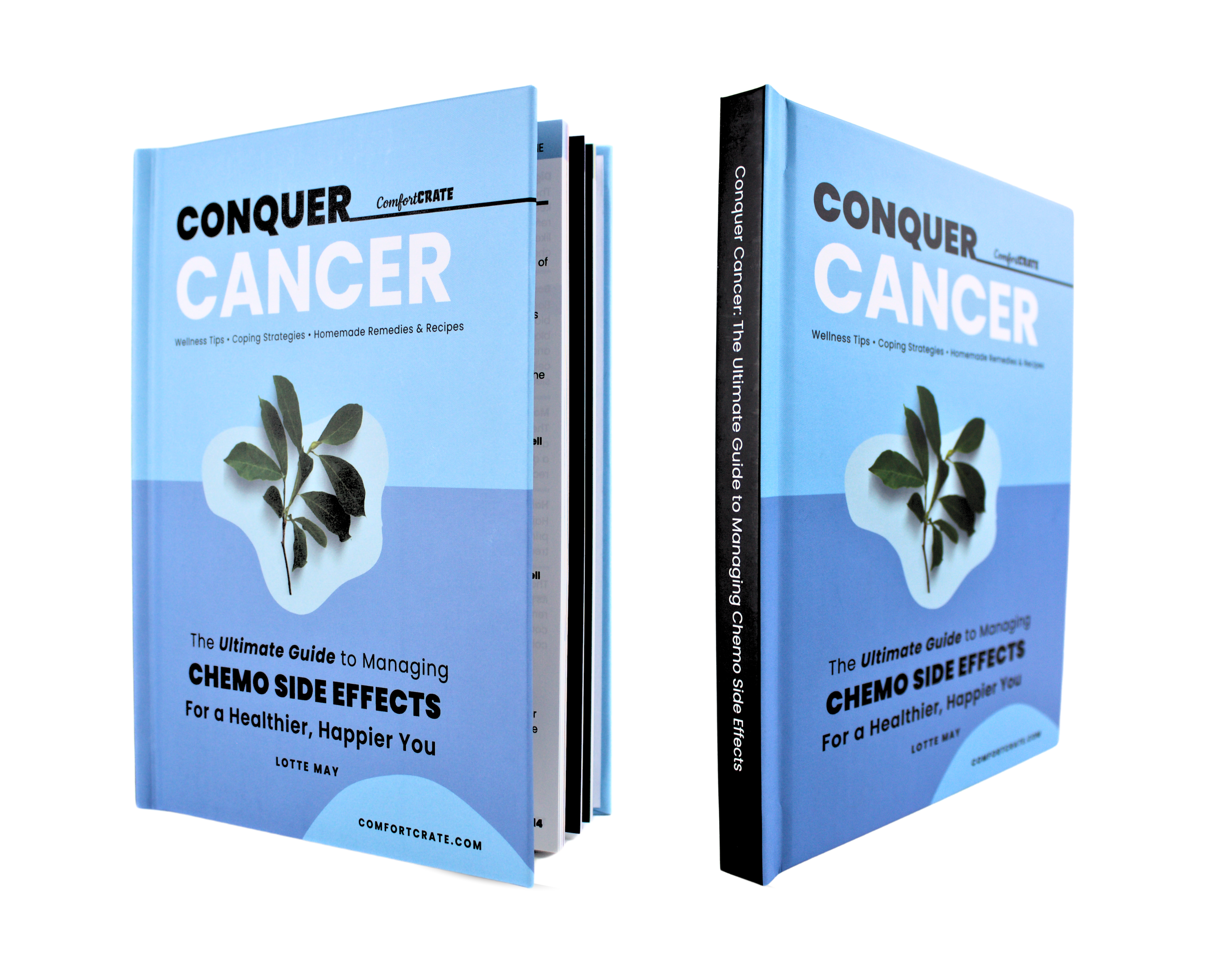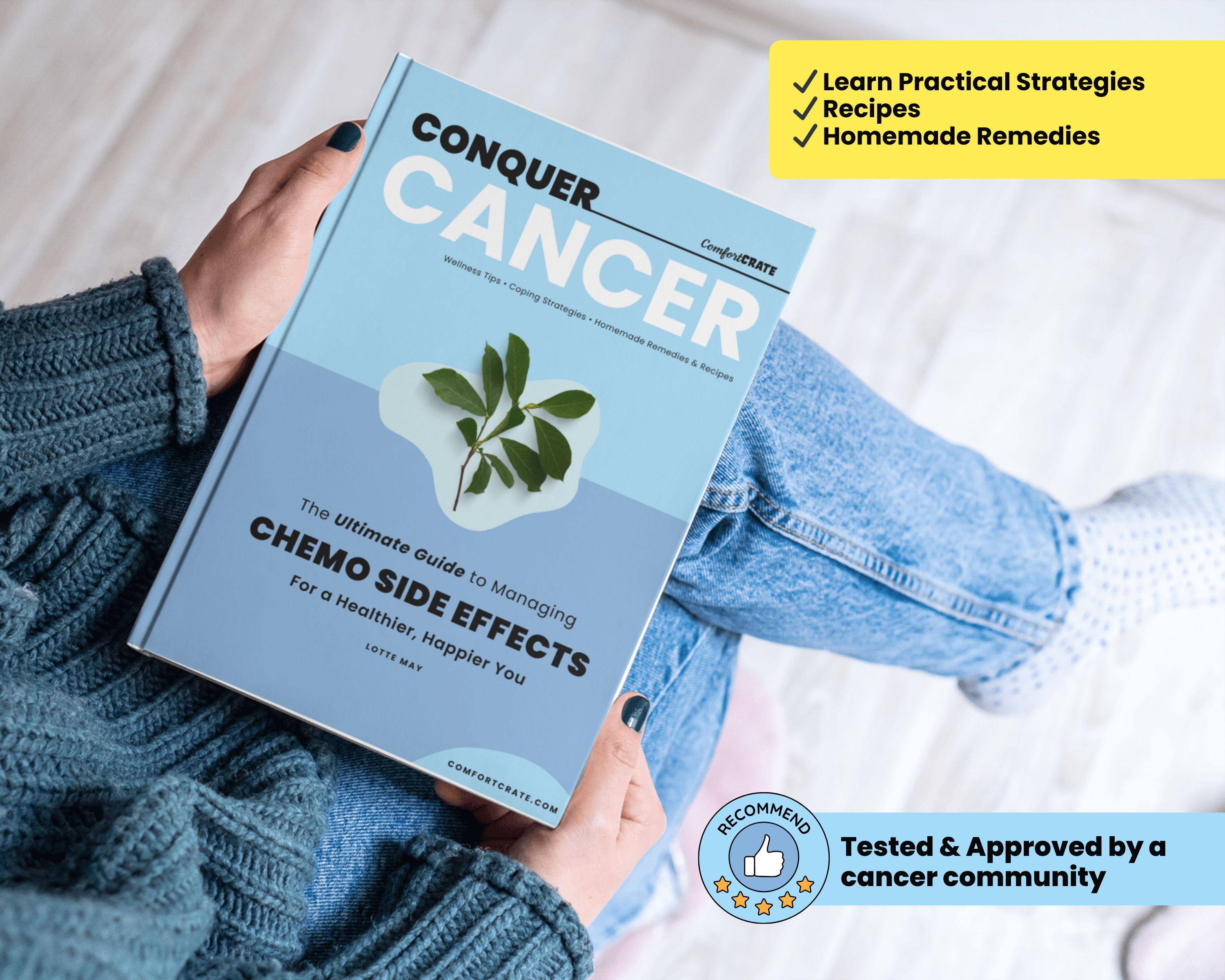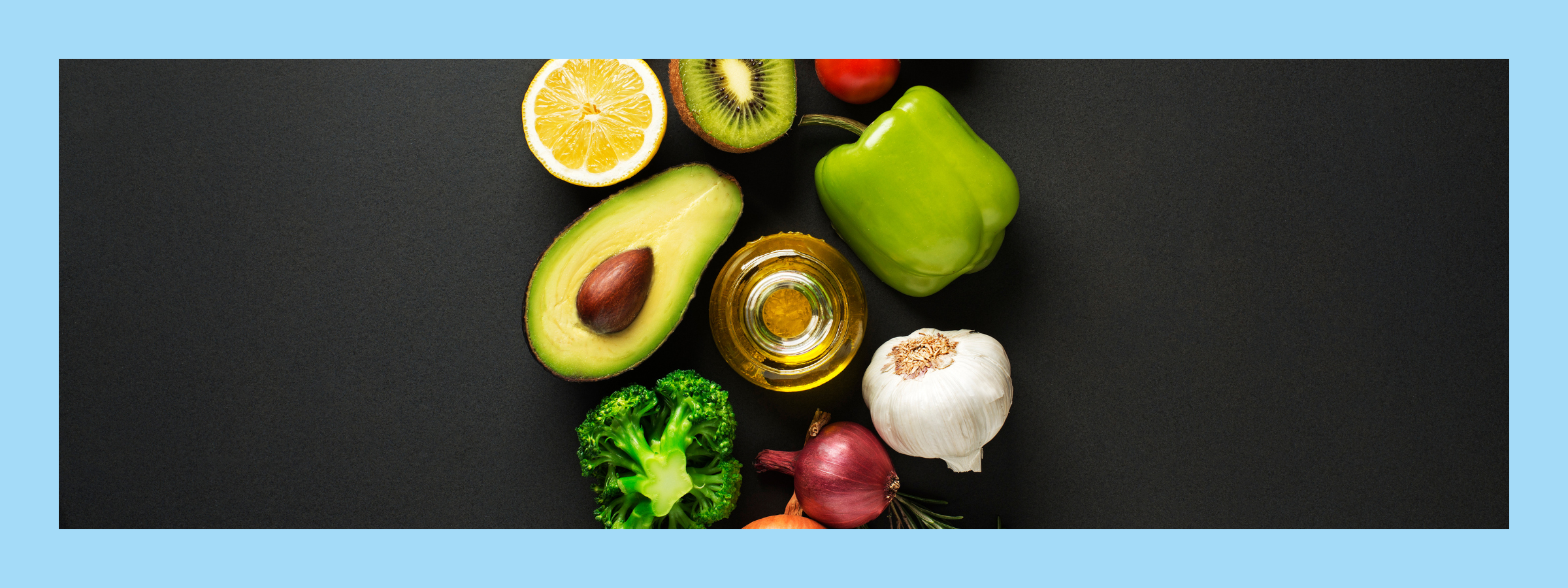
Chemo Nausea Relief: What to Eat When You're Feeling Queasy
Diet for Chemo Patients with Nausea | What Foods Are Good for Cancer Patients with No Appetite? | What Are the Best Foods to Eat While on Chemotherapy? | Foods to Avoid While on Chemo | What Makes Nausea Better
Diet for Chemo Patients with Nausea
If you are undergoing cancer treatment, eating well is essential. A good diet will help maintain your weight, improve immunity, strengthen bones, skin, and teeth, and enhance eyesight and dental health. These benefits lead to fewer side effects and delays in treatment.
What Foods Are Good for Cancer Patients with No Appetite?
It's okay if you cannot eat for a few days following treatment because you can compensate for lost calories between treatments. However, keeping your stomach from being completely empty is crucial, as this can worsen nausea. Eating every 2-3 hours can help reduce side effects. To overcome appetite challenges, try eating small snacks instead of large meals. Choose plain, simple foods with mild smells, such as crackers, toast, fruit, and yogurt, to make eating easier.
What Are the Best Foods to Eat While on Chemotherapy?
- Ginger Biscuits: Ginger contains bioactive compounds like gingerol and shogaol, which can alleviate nausea symptoms.
- Plain Dry Foods: Foods like crackers, pretzels, toast, and cereals are easy to eat as they lack strong smells or tastes that might trigger nausea.
- Cold Foods: Cold foods such as yogurt, jelly, or fruit often have weak odours, making them easier to tolerate.
- Soup: Fluids like soup provide hydration and electrolytes, which are particularly beneficial if you've been vomiting. Learn more.
- Soft Energy-Dense Foods: Nutritious and energy-packed options like avocados, porridge, stewed fruits, mashed potatoes, peanut butter, and bananas can help your body recover.
- Starchy Foods: Plain starchy foods like rice, potatoes, and noodles are easy to prepare, calorie-dense, and gentle on the stomach.
- Protein-Rich Foods: Protein may help normalise stomach activity by increasing gastrin secretion. It also helps maintain strength and reduces the risk of malnutrition.
Foods to Avoid While on Chemo
During chemotherapy, avoiding certain foods can reduce additional stress on your body. Steer clear of raw or undercooked eggs, meat, and fish to minimise bacterial risks for your weakened immune system. Avoid unpasteurised dairy products, juices, very spicy, greasy, or high-fat foods, as they may exacerbate nausea and digestive discomfort. Alcohol and caffeine should also be limited or avoided as they can lead to dehydration or negatively interact with chemotherapy drugs. Consult with a healthcare provider or dietitian for personalised guidance.
For more details, read our guide: Food safety for cancer treatment.
Be mindful of anticipatory nausea and vomiting, which may be triggered by negative food associations. Learn more here: ANTICIPATORY NAUSEA AND VOMITING (ANV).
What Makes Nausea Better
- Talk to Your Doctor: Discuss nausea medications with your doctor. Taking these about an hour before meals may help you eat more comfortably.
- Avoid Warm Foods: Cold foods like yogurt and ice cream are often better tolerated as they produce fewer odours.
- Eat What You Want: Don't force yourself to eat foods that make you feel nauseated. Focus on foods you can comfortably consume.
- Drink Liquids Between Meals: Drinking too much water with meals can make eating harder. Drink fluids between meals instead.
- Avoid Mixing Hot & Cold Foods: Combining hot and cold foods may worsen nausea.
- Eat Smaller Meals: Break meals into six smaller portions throughout the day to make them more manageable.
- Eat and Drink Slowly: Take your time to relax during meals, and avoid consuming solids and liquids simultaneously.
- Do Not Lie Down After Eating: Wait at least 30 minutes after meals to prevent stomach pressure.
- Avoid Food Preparation: Strong cooking smells can worsen nausea.
- Keep Your Mouth Clean: Rinse and brush your teeth regularly to remove unpleasant tastes from nausea or vomiting.
For more tips on managing nausea and enhancing well-being during cancer treatment, explore our guide: Managing Side Effects of Chemotherapy: A Comprehensive Guide .











Leave a comment
This site is protected by hCaptcha and the hCaptcha Privacy Policy and Terms of Service apply.